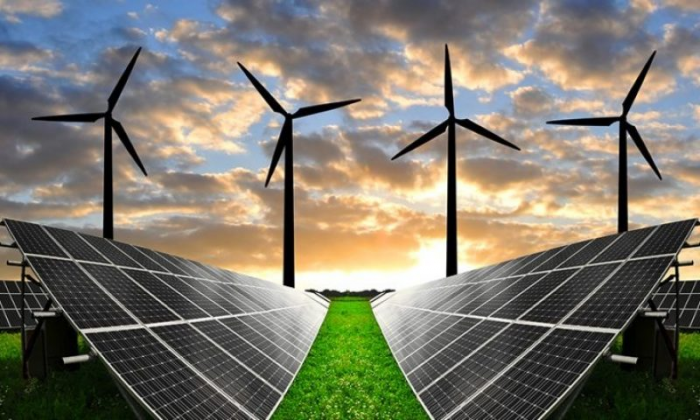Overview
The Finnish government supports the construction and operation of new RES-E projects mainly through a single, cross-sectoral technology-neutral subsidy scheme. The focus has been shifting from premium tariffs into pilot project support in the recent years as especially in the onshore wind sector, electricity production has become profitable on the market without state support. In addition, a technology-neutral tender-based scheme was introduced in 2018.
In the electricity sector, the share of renewables will rise from 41% to 53% between years 2020 and 2030 (NECP Finland, 2019).
Summary of support system
- Subsidy: Investment aid – technology-neutral investment aid for the realisation of various RES projects (not only RES-E)
- Premium tariff – the feed-in tariff system has been closed for new application gradually in years 2017–2021, but payments are still being made for the recipients admitted prior to the closing of the scheme
- Tender-based scheme – The technology-neutral tender scheme offers financial support for the construction of up to 1.4TWh/year
Competent authorities
- Ministry of Economic Affairs and Employment
- Energy Authority
- Business Finland

